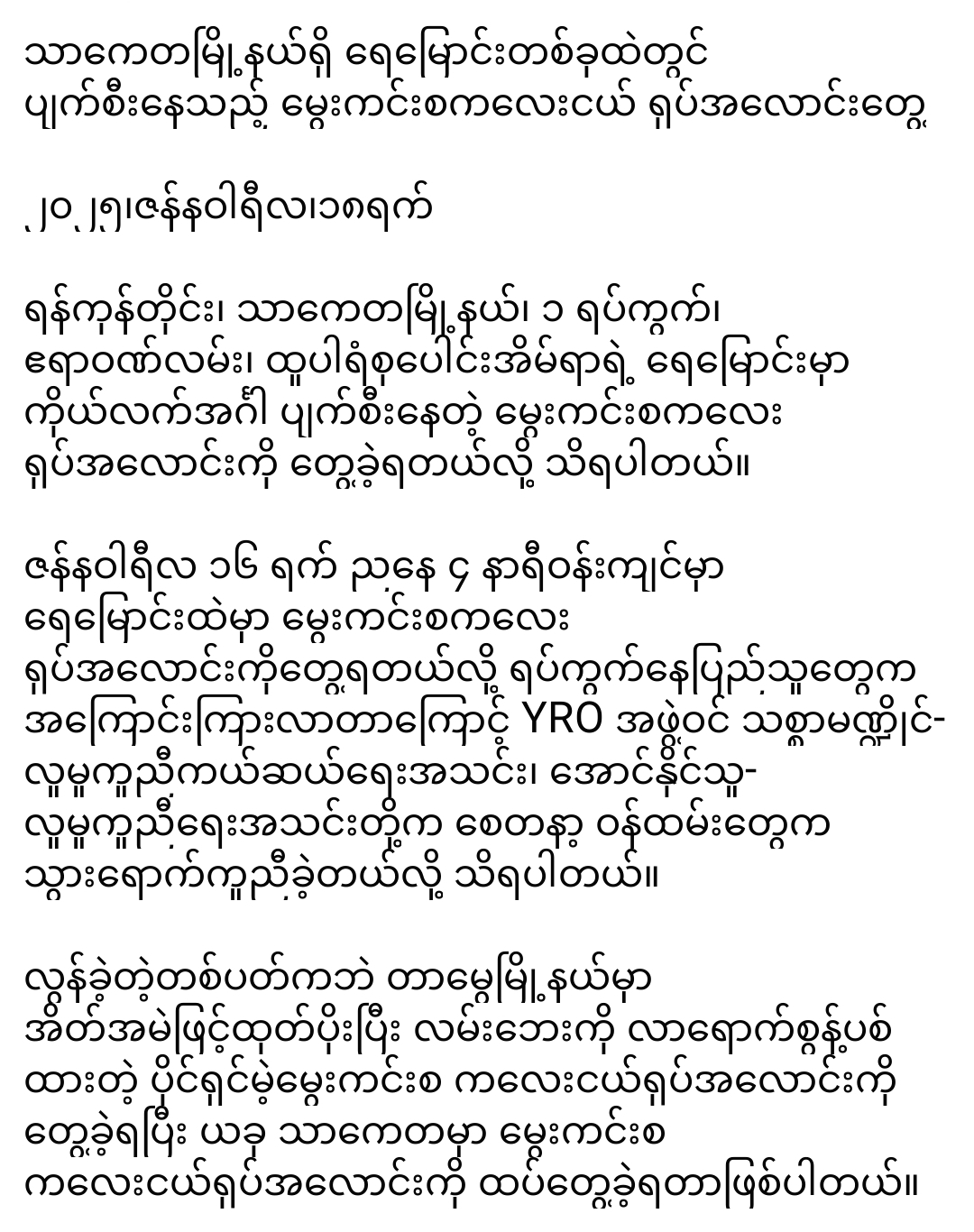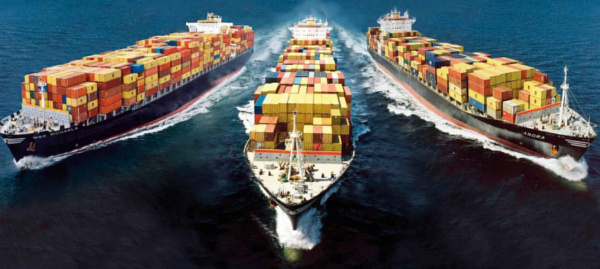
Togo’s main imported goods
Togo, a West African nation, has an economy heavily reliant on imports to meet domestic needs and support its growing industries. The country’s main imported goods span various sectors, reflecting its focus on infrastructural development, agricultural support, and consumer needs. Below is a detailed overview of Togo’s primary imports:
1. Machinery and Equipment
Machinery and equipment form a significant portion of Togo’s imports. These include industrial machinery, construction equipment, and agricultural tools. With an increasing focus on infrastructural projects and industrialization, the demand for heavy machinery and power-generating equipment has risen.
2. Fuels and Petroleum Products
Togo relies heavily on the importation of fuels and refined petroleum products to meet its energy needs. The country lacks significant domestic production of oil, making these imports critical for transportation, energy generation, and industrial processes.
3. Vehicles and Transport Equipment
Togo imports a substantial number of vehicles, both for private and commercial use. This category includes cars, trucks, motorcycles, and spare parts. The growth in urbanization and trade has driven the demand for transport-related imports.
4. Food Products
Togo imports a wide range of food products, including rice, wheat, and processed foods. While agriculture is a cornerstone of the economy, local production does not fully satisfy the needs of the population, particularly for staple foods not commonly grown in the region.
5. Chemical Products
Chemical imports include fertilizers, pharmaceuticals, and industrial chemicals. Fertilizers are essential for enhancing agricultural productivity, while pharmaceutical imports are necessary to support the country’s healthcare system.
6. Construction Materials
To support its growing infrastructure, Togo imports a variety of construction materials such as cement, iron, steel, and other building supplies. These are vital for projects ranging from housing developments to public infrastructure.
7. Electronic Goods
The demand for electronic goods, including mobile phones, computers, and home appliances, has surged in Togo. This reflects an increase in consumer purchasing power and a growing interest in technology.
8. Textiles and Clothing
While Togo has a vibrant informal textile sector, it still imports significant amounts of finished textiles and clothing to meet the demand for diverse styles and fabrics.
9. Pharmaceuticals and Medical Supplies
Togo’s healthcare system depends on imported pharmaceuticals and medical equipment. These imports are essential for treating various diseases and improving public health services.
10. Consumer Goods
Togo imports a wide array of consumer goods, including household products, toiletries, and packaged foods. These products cater to the daily needs of the population and contribute significantly to trade.
Trade Partners
Togo’s key import partners include China, France, the Netherlands, India, and the United States. China dominates in machinery and electronics, while European countries supply vehicles, pharmaceuticals, and industrial goods.
Port of Lomé
The Port of Lomé plays a crucial role in facilitating imports. It is one of West Africa’s busiest ports and serves as a transshipment hub for landlocked neighboring countries like Burkina Faso, Mali, and Niger.
Conclusion
Togo’s imports are vital for sustaining its economy, supporting infrastructure, and fulfilling consumer needs. As the country develops, its reliance on imports is likely to continue, with an emphasis on goods that enhance industrial growth, technological advancement, and quality of life for its citizens.




Leave a Reply